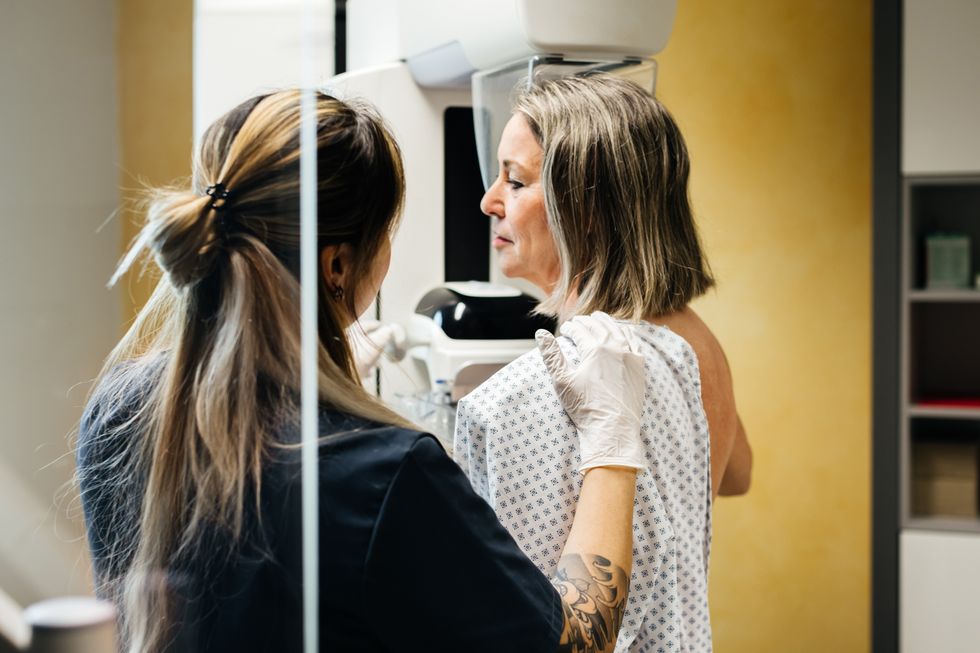Anastacia Tells Lulu about her breast cancer diagnosis
GBN
The approval comes after the National Institute for Health and Care Excellence initially rejected the pill
Don't Miss
Most Read
Trending on GB News
Thousands of women with advanced breast cancer in England and Wales are to be offered a "gamechanging" twice-a-day pill on the NHS after a U-turn by the medicines watchdog.
The drug, capivasertib, also known as Truqap and manufactured by AstraZeneca, has been approved by the National Institute for Health and Care Excellence (Nice).
As many as 3,000 women every year could benefit from the treatment for hormone receptor (HR)-positive HER2-negative breast cancer that has certain genetic mutations and has spread.
Experts have hailed the decision as a "landmark moment" for patients with this form of advanced breast cancer.

Results from trials show significant benefits for patients receiving the treatment
GETT
The approval comes after Nice initially rejected the pill, which led to treatment delays according to charity Breast Cancer Now.
Capivasertib works by blocking an abnormal protein molecule called AKT that drives cancer cells to multiply, helping to slow or stop the spread of the disease.
Results from clinical trials show significant benefits for patients receiving the treatment.
The drug increased the time before cancer progressed by about 4.2 months compared with placebo when both were combined with the hormone therapy fulvestrant.
Patients taking capivasertib saw progression-free survival extend from 3.1 months to 7.3 months.
The treatment is specifically designed for patients whose tumours have mutations or alterations in the PIK3CA, AKT1 or PTEN genes.
These genetic mutations are found in approximately half of all patients with this form of breast cancer.
The targeted approach represents a significant advancement in personalised treatment for advanced breast cancer.
Claire Rowney, the chief executive of Breast Cancer Now, welcomed the approval but expressed concern about the initial rejection.
"This happens too often and urgent action must be taken to ensure the quick approval of breast cancer drugs so they can be made available promptly to those who need them," she said.
LATEST DEVELOPMENTS

The treatment is specifically designed for patients whose tumours have mutations
PA
She called for prompt genetic testing to ensure eligible patients receive the treatment without further delay.
Professor Nicholas Turner, who led a key trial into the drug, said the approval meant "thousands of NHS patients with advanced breast cancer with these specific biomarkers can now receive this innovative targeted treatment".
Professor Paul Workman from the Institute of Cancer Research called it a "landmark moment".
Helen Knight, director of medicines evaluation at Nice, said she was pleased AstraZeneca had worked with them to "recommend this promising new treatment as a good use of NHS resources".








